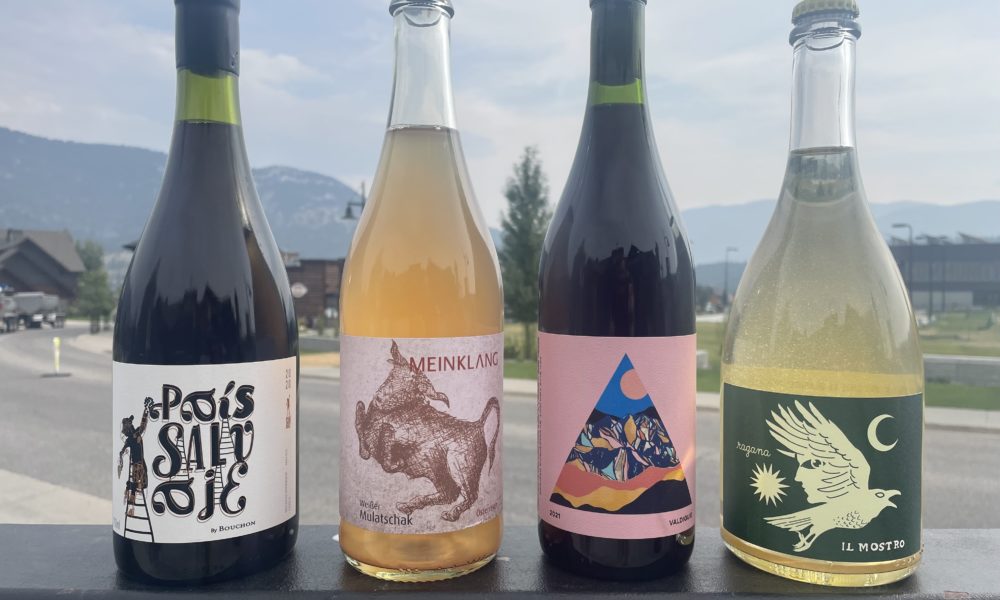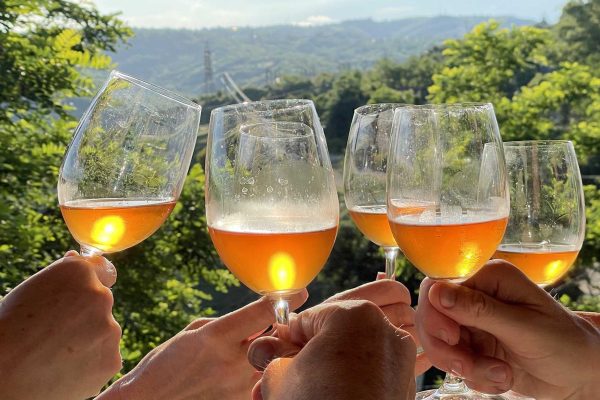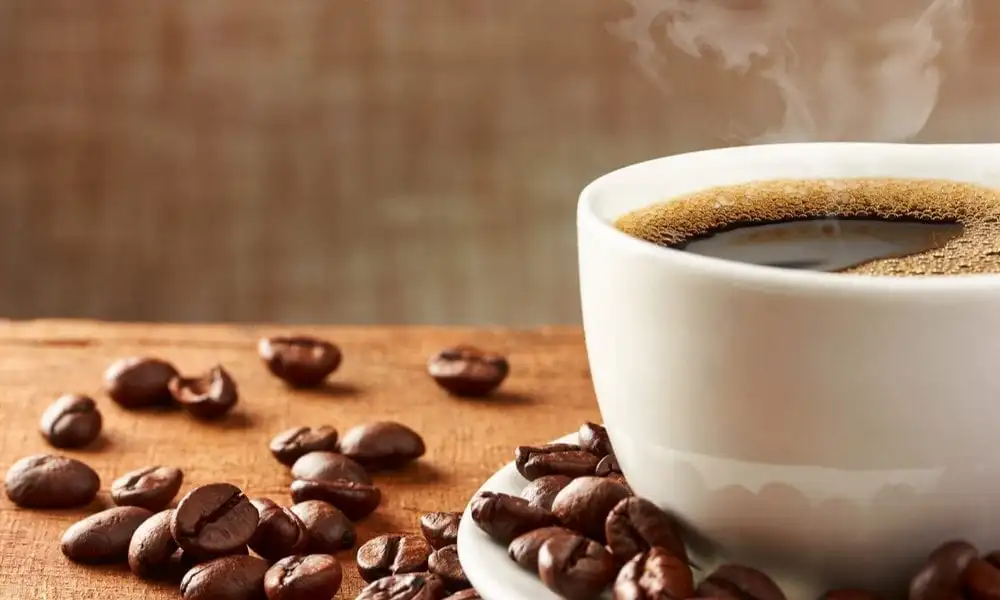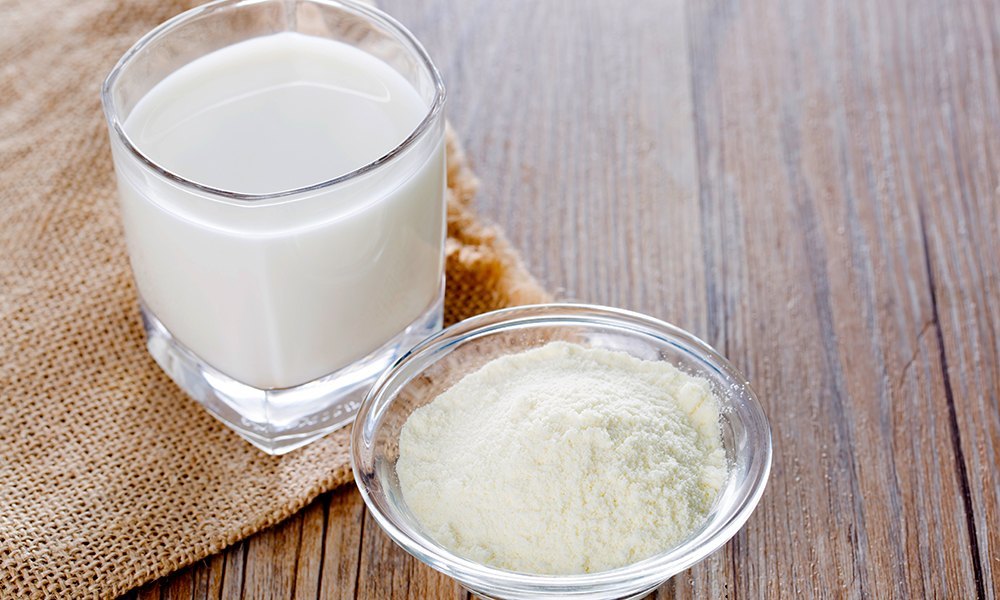In recent years, natural wine in the UK has gained significant popularity among wine enthusiasts and casual drinkers alike, sparking curiosity about its production methods and unique characteristics. But what exactly is the best natural wine, and how does it differ from conventional wine? This article explores the principles behind natural wine, its production process, and the distinctions that set it apart from traditional winemaking practices.
What is Natural Wine?
Natural wine is often defined by its minimal intervention approach in both the vineyard and the winery. It is produced from organically or biodynamically grown grapes without the use of synthetic chemicals, additives, or industrial processes. The philosophy behind natural wine emphasizes the expression of the terroir—the specific environmental conditions in which the grapes are grown—allowing the wine to reflect its unique origin.
While there is no official regulatory body that certifies natural wine, many producers adhere to a set of principles that prioritize sustainability, authenticity, and the essence of the grape. The focus is on creating wines that are alive, vibrant, and true to their origins, often resulting in distinct flavours and aromas that can be quite different from conventional wines.
Key Differences in Production
Grape Growing Practices
Natural Wine: Grapes are grown using organic or biodynamic methods, avoiding synthetic pesticides, herbicides, and fertilizers. Biodynamic farming goes a step further, incorporating lunar cycles and holistic farming practices to promote soil health and biodiversity.
Conventional Wine: Conventional viticulture may use a variety of chemical treatments to manage pests and enhance yields. These practices can lead to a uniformity in flavour and aroma, but they may also result in a loss of biodiversity and the overall health of the vineyard ecosystem.
Harvesting Techniques
Natural Wine: Harvesting is typically done by hand, allowing for selective picking of the best grapes. This manual approach helps maintain the quality of the fruit and minimizes damage to the grapes.
Conventional Wine: While some conventional wineries also use hand harvesting, many employ mechanical harvesters that can pick grapes quickly but may also result in the inclusion of unripe or damaged fruit.
Fermentation
Natural Wine: Natural wines often rely on spontaneous fermentation, where wild yeast from the vineyard and the environment is allowed to ferment the grape juice. This process can lead to unique flavours and aromas, as each batch is influenced by the specific conditions of that vintage.
Conventional Wine: Conventional winemakers typically use cultured yeast strains to control fermentation. These commercial yeasts are selected for their predictable behaviour and the ability to produce consistent results, often resulting in a more uniform flavour profile across vintages.
Additives and Interventions
Natural Wine: Minimal to no additives are used during production. Common additives like sulphites (which are used as preservatives) are often avoided, leading to wines that may have a shorter shelf life but are perceived as more authentic. Some natural winemakers may add small amounts of sulphites before bottling to stabilize the wine but strive to keep these levels low.
Conventional Wine: Conventional winemakers may use various additives to enhance colour, flavour, and stability. These can include enzymes, tannins, acids, and sulphites, which help to ensure consistency and prevent spoilage.
Filtration and Clarification
Natural Wine: Many natural wines are either unfiltered or lightly filtered, resulting in a cloudy appearance and sediment in the bottle. This haziness is often seen as a mark of authenticity and a testament to the wine’s natural state.
Conventional Wine: Conventional wines are usually filtered and clarified to achieve a clear appearance and remove any solids or impurities. This process can involve the use of fining agents, which may not be vegan-friendly.
-
Aging and Bottling
- Natural Wine: Aging can take place in various vessels, including stainless steel, concrete, or even amphorae, allowing for different expressions of the wine. Bottling may occur with minimal intervention, often resulting in bottle variation from one batch to another.
- Conventional Wine: Conventional wines are often aged in oak barrels, which can impart specific flavours and aromas. The bottling process is usually more controlled, with efforts made to ensure consistency across bottles.
Taste and Flavour Profiles
Natural wines are known for their vibrant, complex, and sometimes unpredictable flavours. The lack of additives and the influence of wild fermentation can lead to a broad spectrum of taste experiences. These wines may have more pronounced acidity, unique fruit characteristics, and earthy or funky notes that many wine lovers find appealing.
In contrast, conventional wines typically showcase a more polished and consistent flavour profile, influenced by winemaking techniques and additives. While they can also be delicious, they may lack the diversity and character found in many natural wines.
Health Considerations
For some consumers, the appeal of natural wine lies in the perceived health benefits associated with its production methods. The absence of synthetic chemicals and additives resonates with those seeking a more “natural” product. However, it’s important to note that natural wines can still contain sulphites, which some individuals may be sensitive to.
Conclusion: The Rise of Natural Wine
Natural wine represents a growing movement within the wine industry, appealing to those who value authenticity, sustainability, and unique flavours. As consumers increasingly seek out products that align with their values, the popularity of natural wines is likely to continue to rise.
While natural wine may not be for everyone—its unconventional flavours and variability can be a departure from the familiarity of conventional wines—its charm lies in its connection to the land and the artistry of the winemaker. Whether you’re a seasoned wine enthusiast or a curious newcomer, exploring the world of natural wine offers a delightful journey into the diverse landscape of winemaking, where each bottle tells a story of its own.








